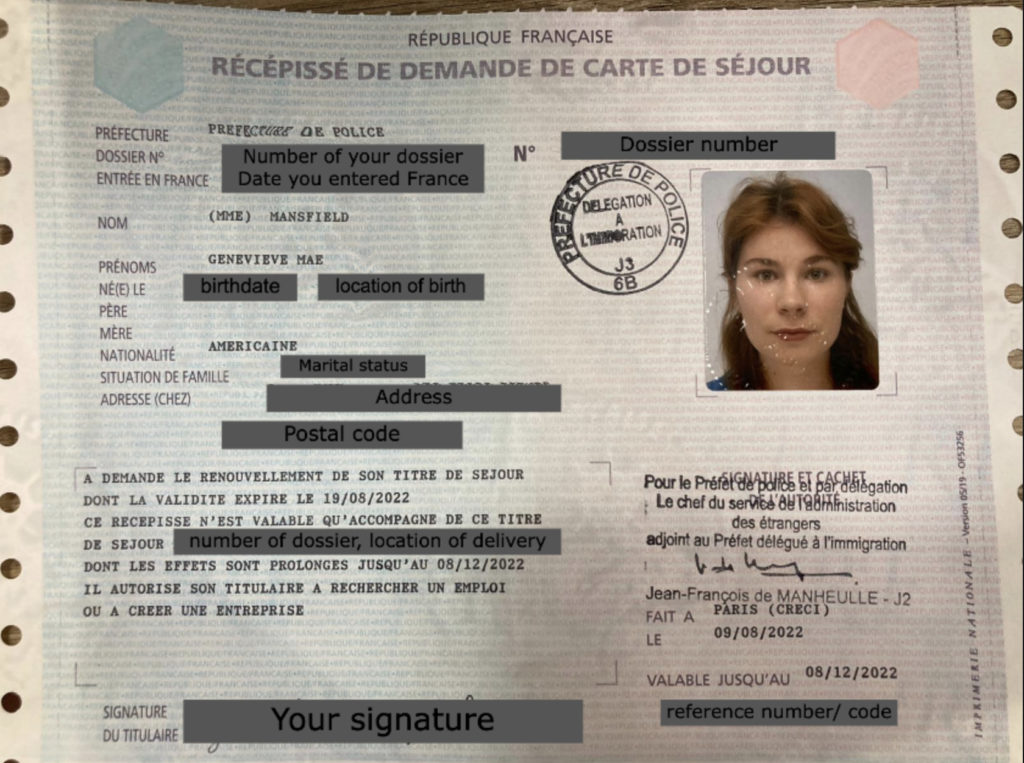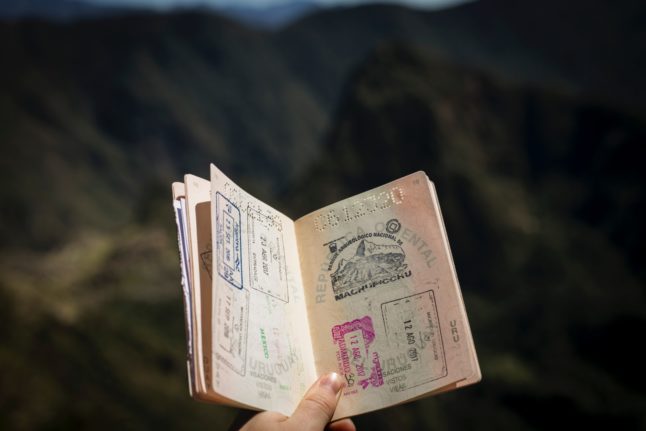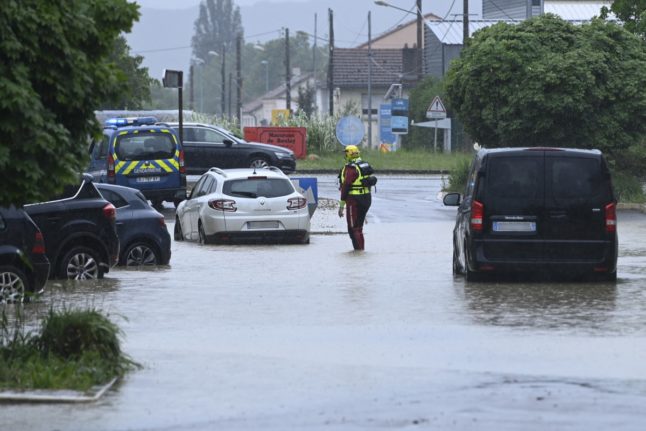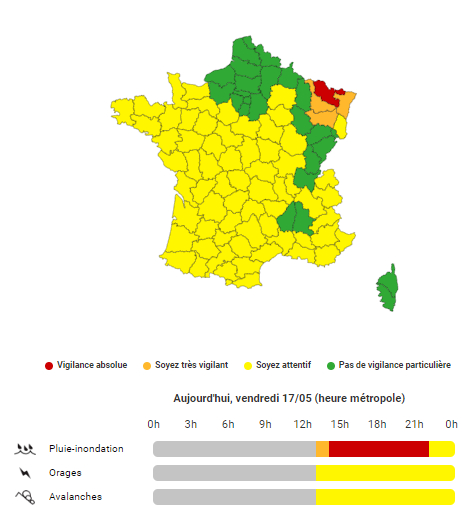Question: I’m going through the process of renewing my carte de séjour and have had my appointment at the préfecture. However I’m still waiting for the new card to arrive and now my old one has expired, so all I have is the paper récépissé that they gave me. Can I use that to travel in and out of France?
For certain types of residency cards you will need to renew regularly, or maybe change the card as your situation changes. If your card expired and you have taken no steps to renew it then you may be living in France illegally – but what’s the situation if you’re going through the process?
If you have started the process of requesting a new carte de sejour in France and submitted the required documents then you will get a document known as a récépissé – which is basically a receipt.
This is quite normal for the titre de séjour renewal or application process. If you applied online, then you might receive this document as a downloadable form. If you applied in person, then you likely received a paper document at the end of your appointment.
For many, the récépissé may not appear to be an official document, but it does afford you several rights while you are waiting for your official carte de séjour.
Here is what you need to know:
What is the récépissé officially?
The French government defines the récépissé as “a document proving that your application for a residence permit has been registered at the préfecture (or sub-préfecture) of your place of residence. It authorises you to stay in France for the period it specifies.”

As shown on the example above, the récépissé should contain personal information, such as your name, date of birth, address, application (dossier) number, as well as the expiration of your previous permit and the length of time the récépissé is valid for.
It should also reference the name of the permit you are applying for.
Can I travel on it?
You can travel with a récépissé if it is still valid and if it is accompanied by the permit to be renewed (ie your old, expired card).
You should also note that this is not an official travel document, so you will still need to use your passport for travel, but the récépissé informs border control that you have a right of residence in France.
There are some exceptions – if this is your first time applying for a titre de séjour and you have travelled outside of the Schengen zone, then you may – depending on your country of origin – need to request a return visa to come back to France.
However, if you are covered by the 90-day rule (meaning, you do not need a visa to enter France as a tourist for under 90 days), then it is unlikely you will encounter any difficulties on your return.
If this is not your first time applying for a titre de séjour – as in you are applying for a change of status or a renewal, then you can return to France as long as you bring the récépissé, your previous residency permit, and your current, valid passport.
How long is it valid?
This will be specified on your personal récépissé, but typically it is valid for three to six months, depending on your situation.
Can I work on it?
It depends on the type of residency permit.
The récépissé is proof that you are taking the steps to getting a renewed (or new) residency permit, so it depends on whether your original permit allowed you to work or not.
According to the French government’s website service-public, in most cases the récépissé allows you to work only if your residency permit falls under the following categories (for both its first issue and its renewal):
- Temporary residence permit “employee” or “temporary worker
- Temporary residence permit for “job search or business creation
- Temporary residence permit “private and family life” (with some exceptions)
- Multi-year “talent passport”, “talent passport – European blue card”, “talent passport – researcher” or “talent passport – researcher – mobility program” residence permit
- Multi-annual “talent passport (family)” residence permit
- Multi-annual residence permit for “seconded ICT employee”, “seconded mobile ICT employee”, “seconded ICT employee (family)” or “seconded mobile ICT employee (family)
- Multi-annual “seasonal worker” residence permit
- Multi-annual residence permit “beneficiary of subsidiary protection”, “family member of a beneficiary of subsidiary protection”, “beneficiary of stateless status” or “family member of a beneficiary of stateless status
Can I use it for ID?
If you are asked for a pièce d’identité (ID) you cannot use the récépissé for this, even if it has your name and photo on it.






 Please whitelist us to continue reading.
Please whitelist us to continue reading.
I’m still waiting on my first physical carte de séjour and my récépissé expired in June. I’ve emailed (monthly) and sent letters and still no news. Should I start the whole process again, try for a renewal or keep waiting?
Except if you renew your titre online (as is required for most titres, I believe), you no longer receive a récépissé as shown. Instead, once your renewal is approved, you will receive a notice that you can download an “attestation de décision” that serves the same purpose. As the government’s website where you can download the notice says, “Dans l’attente de cette remise, vous trouverez en pièce jointe l’attestation de décision favorable qui vous permettra de justifier votre droit au séjour et de maintenir vos droits associés dans l’attente de la remise de votre nouveau titre en préfecture.”
Point of information:
What you have also labeled on the right as a dossier number, is you “Identification Number”, not your dossier number. It is the same number that is assigned when you validate a VLS/TS document. It appears at the beginning of the “Confirmation de la validation de l’enregistrement de votre visa long séjour valant titre de séjour”.
The “Dossier Number” on the left (below the “Préfecture”) is, in fact, your dossier number.